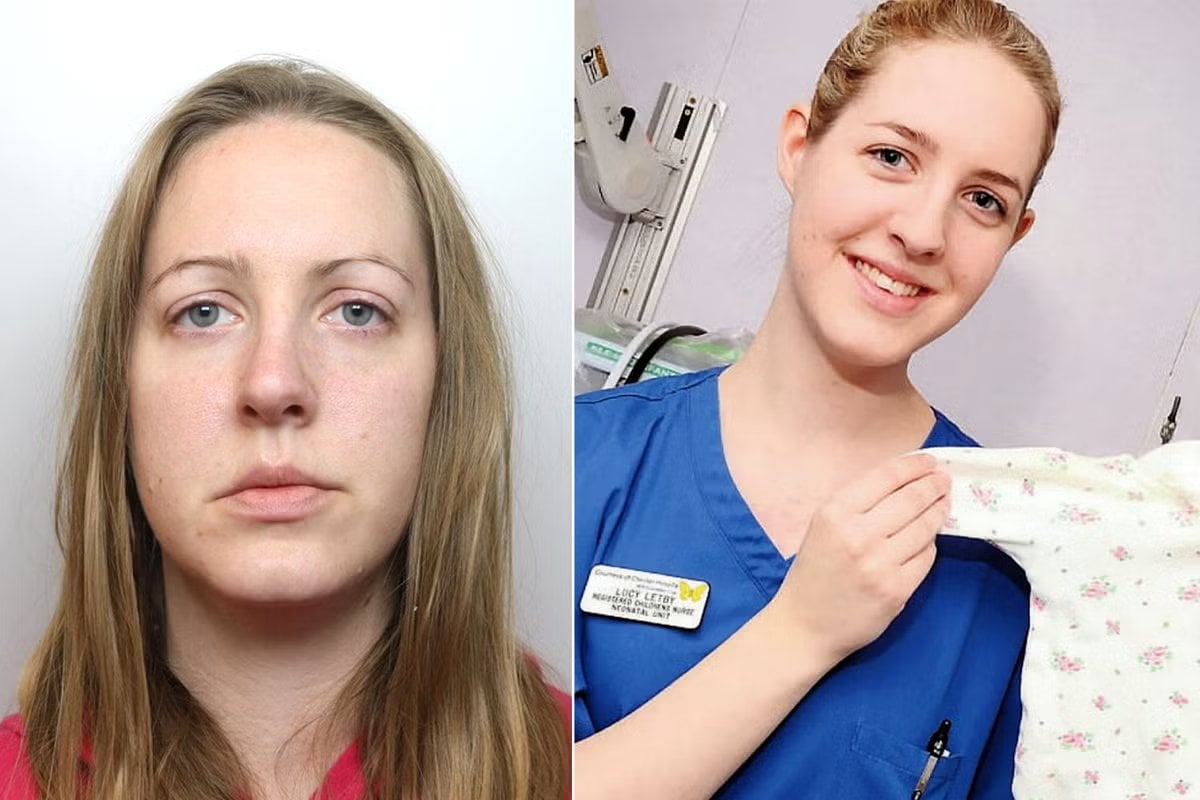
The world was collectively aghast at the shocking case of a neonatal nurse who deliberately and methodically murdered the vulnerable babies entrusted into her care.
But Lucy Letby wasn’t just convicted of murder. She was also found guilty of attempting to kill several other babies, who, despite their survival, will spend the rest of their lives managing extensive and permanent disabilities.
“I would pray for God to save her. He did. He saved her, but the devil found her.”
That’s how the father of ‘Baby G’ described the tragic turn of events, that saw his baby girl survive an extremely premature birth, arriving at just 23 weeks, only to have her life irrevocably damaged by Letby.
Prosecutors allege Letby attempted to kill Baby G three times. On one of those three occasions, Letby put extra milk and air into the infant’s system, causing her to vomit violently and bleed from the throat, resulting in extreme brain damage. According to reports, Baby G is registered as blind, with quadriplegic cerebral palsy, and is fed via a tube.
Watch: The moment Letby was arrested. Post continues below.
“(Baby G will) never have a sleepover with a best friend, or go to high school and graduate. She will never have a first kiss, a boyfriend, or get married. She will always be in her chair,” her father said in a statement.

Top Comments